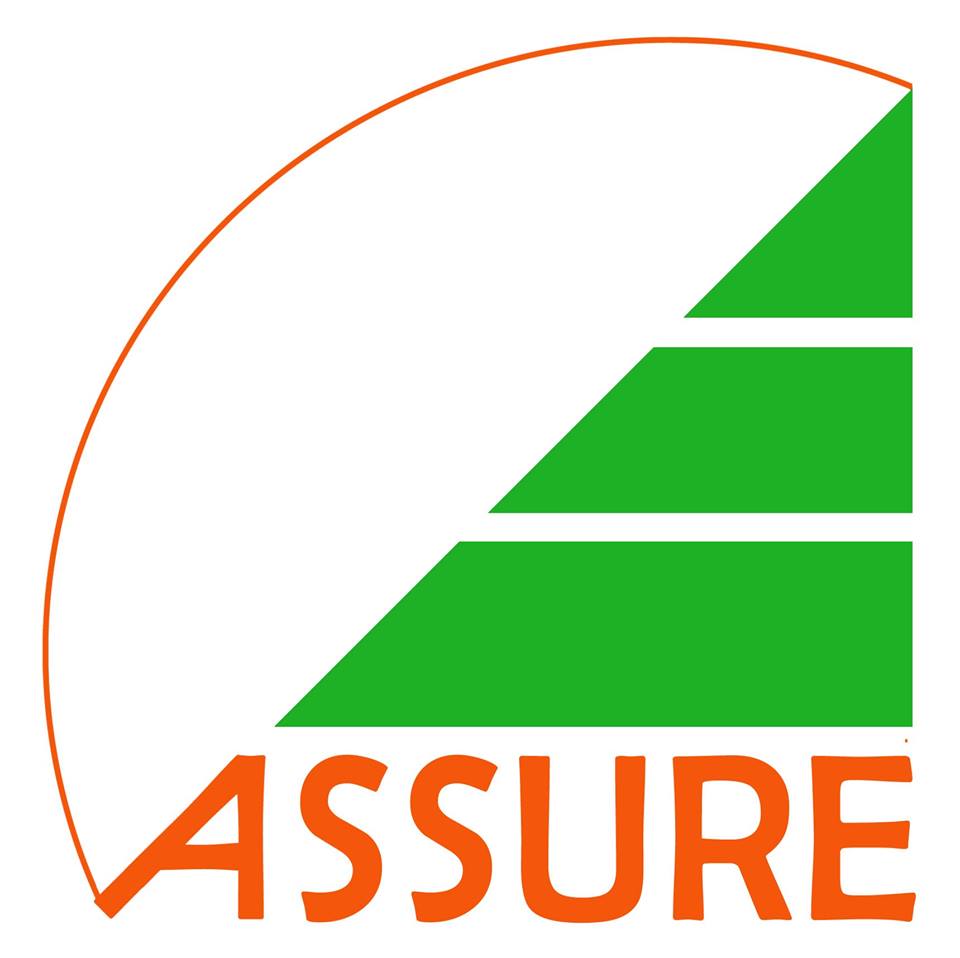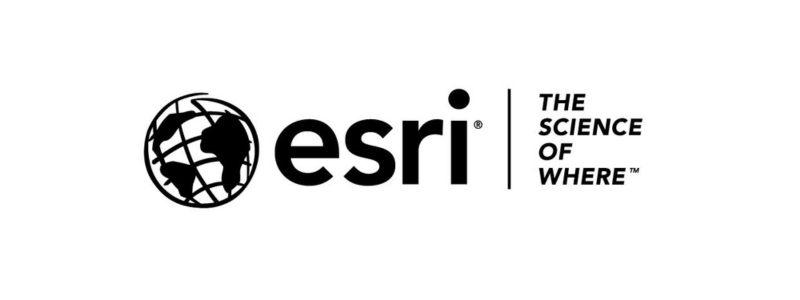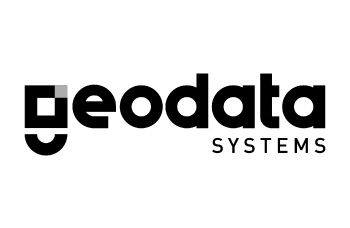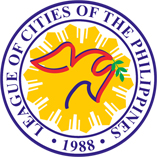Liveable cities
PH TOWARDS AUTOMOTIVE ELECTRIFICATION
The Board of Investments (BOI) and the Department of Trade and Industry (DTI) see electric vehicles as a key technology to contribute to sustainable development with lower greenhouse gas emissions, less air pollution for citizens, and new job opportunities with positive social impact. Aside from environmental benefits, corresponding health benefits of e-vehicles to the Filipino population are seen, thus the journey to automotive electrification as one of the government’s mitigating measures to climate change and its impacts to the country.
In addition to climate change mitigation, the direction towards e-vehicles is aligned with the recent World Bank study on reconfiguration of Philippine participation in Global Value Chains, which has seen a rapid switch to electric vehicles. It is noted that e-vehicle sales were the least affected by the pandemic in 2020, with Tesla doubling its sales in China to USD 6 billion. Meanwhile in the Philippines, e-vehicles have been increasing, with almost 30,000 registrations today.
In transitioning to e-vehicles, the government is working to create a conducive ecosystem composed of a combination of: (1) regulations such as standards for vehicles, batteries, charging systems, charge ports, battery swapping systems, connectors, and other key parts and components of e-vehicles; (2) information, education and communication for further public awareness; (3) human resource development; (4) research and development for the advancements of new materials like composites and battery manufacturers, among others; as well as (5) industry support programs such as incentives and industry development.
To upgrade the electronics value chains in the Philippines, attracting foreign direct investments together with local investments is an opportunity. In this regard, the government has created several existing programs in place: (1) CREATE Act, which grants Income Tax Holidays of 4-7 years, Enhanced Deductions of 5 or 10 years, duty-free importation of capital equipment, raw materials and accessories, and special Corporate Income Tax of 10 (?) for exporters; (2) Motor Vehicle Development Program, which allows registered program participants 1% or 0% duty-free importation of parts and components; and (3) EV Bill, which provides CREATE incentives and non-fiscal incentives.
Other articles on Building an E-Vehicle Ecosystem:
- IT TAKES A COUNTRY TO BUILD AN EV ECOSYSTEM - Art Tan
- MOVING PEOPLE TO A BETTER TOMORROW - Freddie Tinga
- LGUs AND EMOBILITY - Dr. Manuel Biona
- ACCELERATING E-VEHICLE DEVELOPMENT - Alan Pilz











